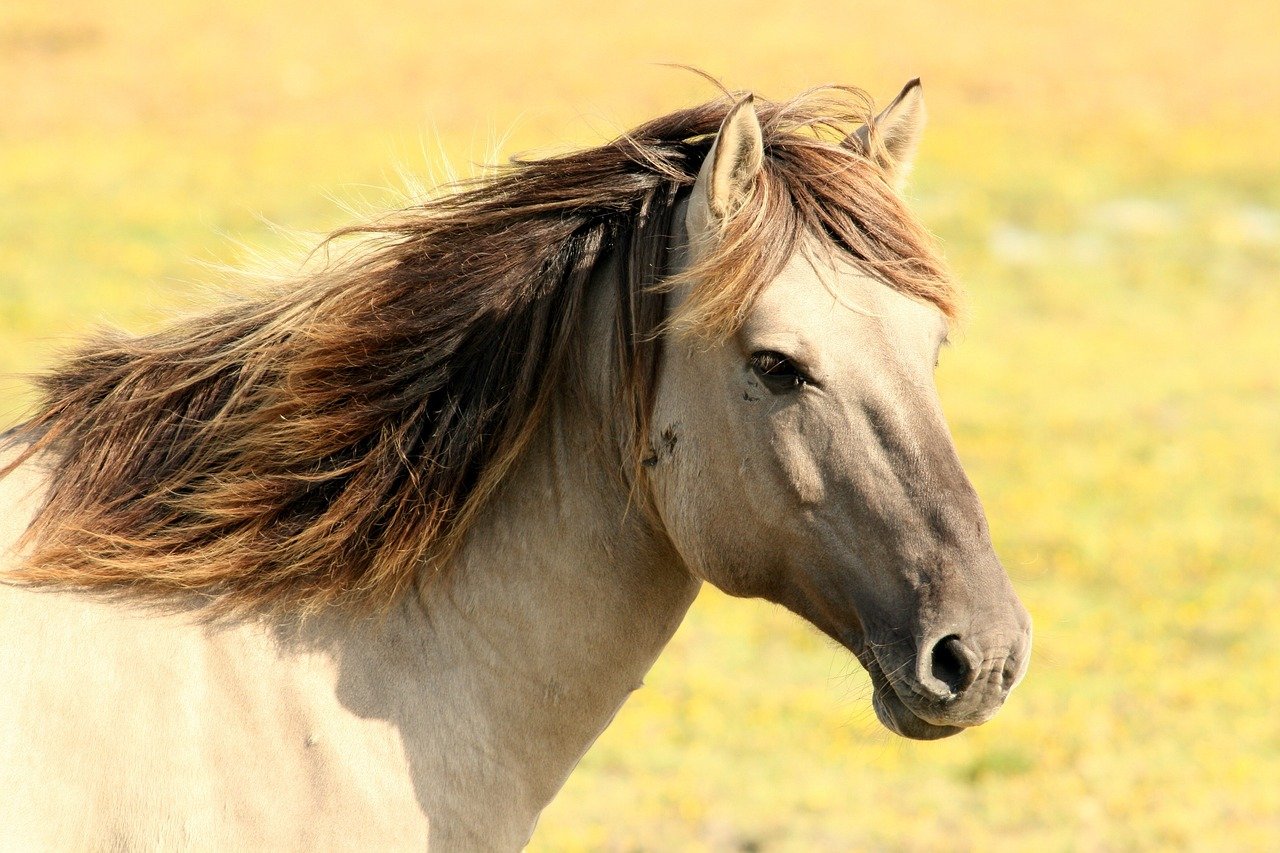Ever stood next to a horse and felt that sense of awe—that powerful mix of grace, strength, and gentle curiosity? Horses aren’t just big dogs or fancy livestock; they’re something entirely different. Their hearts beat with ancient stories, and their eyes hold a wisdom that seems to stretch back through centuries. If you’re a horse lover (or just horse-curious), get ready to discover ten traits that make horses genuinely one-of-a-kind among pets. Some might even surprise you—and you’ll never look at your four-legged friends the same way again.
Majestic Size and Physical Presence
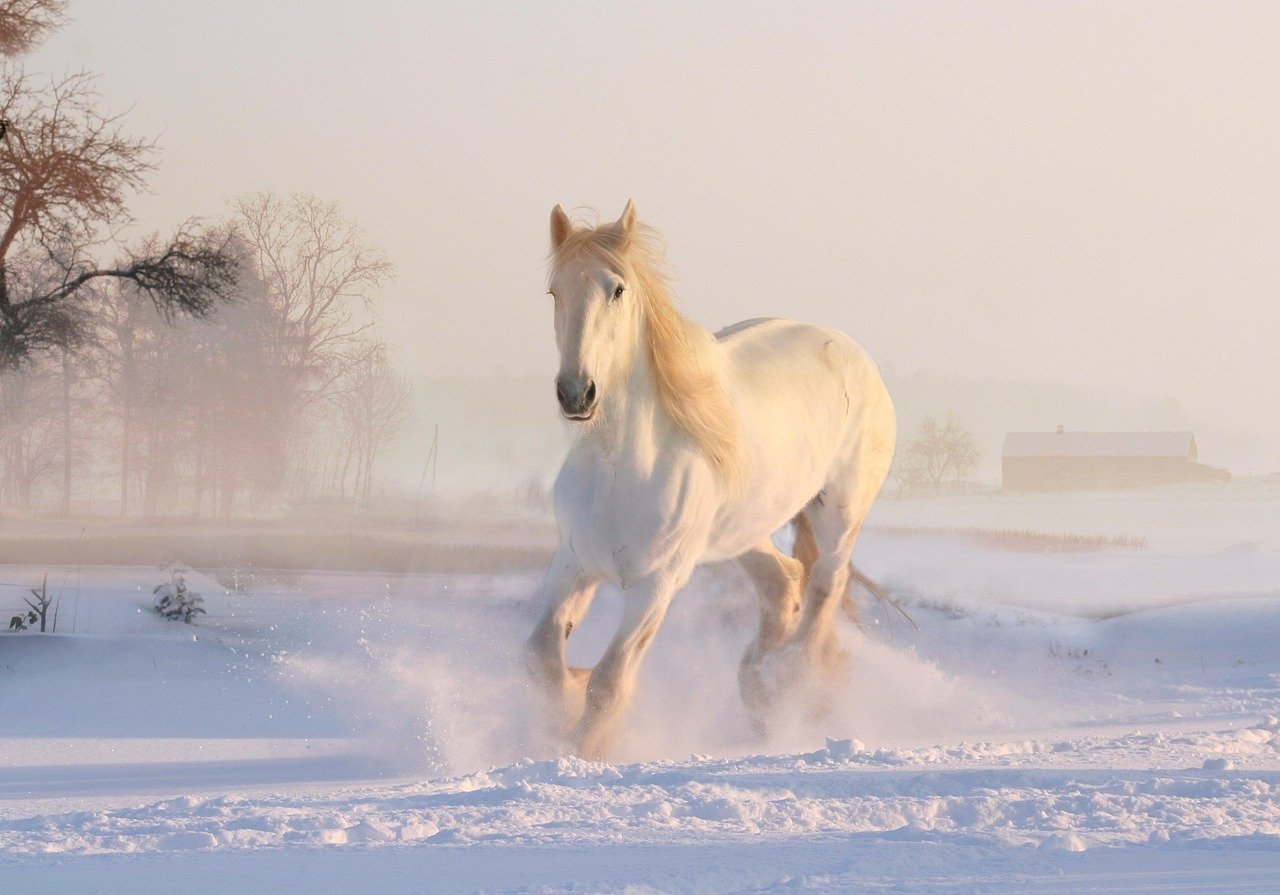
Horses tower over most household pets, commanding respect simply by entering a space. Even a smaller breed like a pony feels enormous compared to a dog or cat. Their sheer size brings a certain awe that’s hard to describe until you’re brushing a mane towering above your head. With powerful legs, muscular chests, and long, flowing tails, horses embody physical elegance and strength on a grand scale. It’s not just about being big—their movements are often deliberate, graceful, and surprisingly gentle. Unlike the compact wiggle of a puppy or the slinky grace of a cat, a horse’s stride is long, confident, and rhythmic, almost like poetry in motion. This majestic presence is what draws so many people to them, making a walk with a horse feel like strolling alongside royalty. Their size also means caretaking is a big responsibility—grooming, feeding, and even just leading them requires both attention and respect.
Unrivaled Sensitivity and Empathy
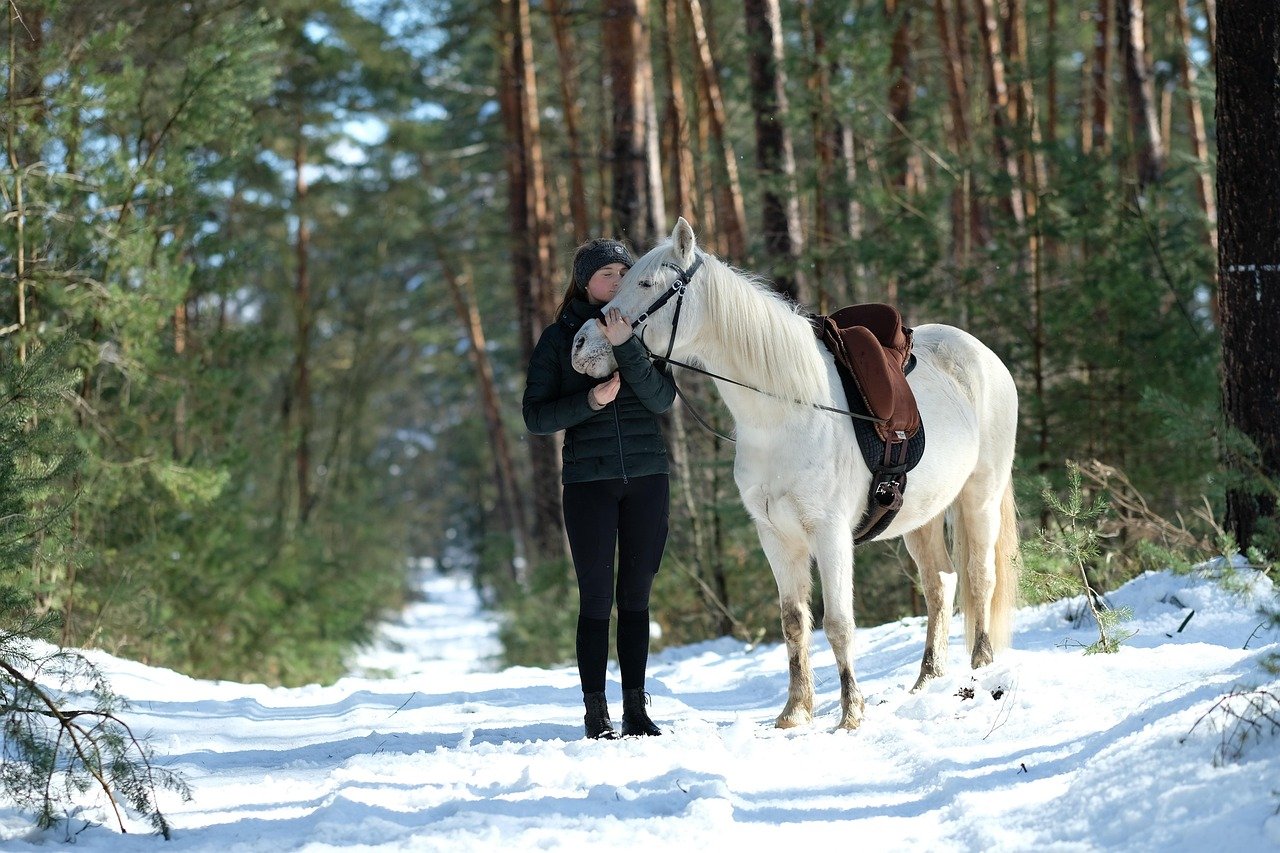
One of the most heartwarming traits of horses is their uncanny ability to sense human emotions. They don’t just nuzzle you for treats—they seem to genuinely pick up on your mood, whether you’re anxious, happy, or sad. It’s not unusual for a horse to stand quietly beside someone who’s having a tough day or to become playful when their favorite person is in high spirits. This emotional intelligence is something many horse owners cherish deeply. Some even say their horses have comforted them during moments of grief or stress, standing close and offering a quiet, calming presence. Horses communicate through subtle body language, picking up on the tiniest cues—a droop of the shoulder, a sigh, a light touch. Their empathy makes them incredible partners for therapy, helping people with trauma, anxiety, or disabilities in ways that feel almost magical. You’ll rarely find this depth of connection with any other pet.
Unique Social Structure and Herd Mentality
Unlike typical household pets that may prefer solo time or small family groups, horses are true herd animals at heart. In the wild, their survival depends on the strength and unity of the herd. Even domesticated, they crave companionship and clear social roles. Horses naturally organize themselves into complex hierarchies, with leaders, followers, and intricate social bonds. You’ll notice this if you observe a group of horses—there’s always a pecking order, but it’s rarely about fighting. Instead, it’s about gentle signals, shared grooming, and subtle communication. Bringing a new horse into a group is a delicate process, and the dynamics can change quickly. Horses thrive on routine and the reassurance of familiar faces, whether horse or human. This need for a herd makes them very different from solitary cats or even pack-oriented dogs, adding a fascinating layer to their care and training.
Astounding Memory and Learning Ability
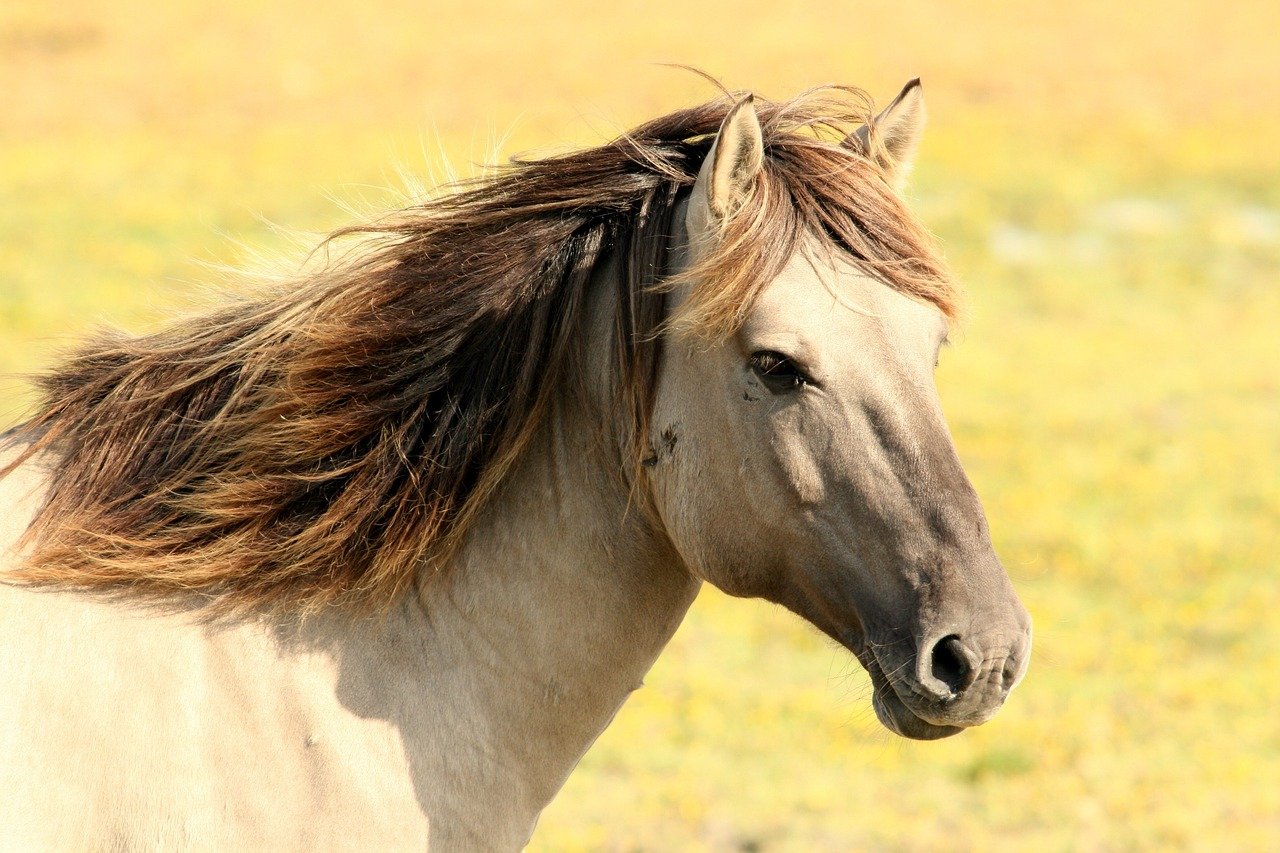
Horses never forget—a phrase you’ll hear often in the equestrian world, and for good reason. Their memory is remarkable, capable of recalling people, places, and even specific experiences for years. If you’ve ever met a horse you knew as a child, there’s a good chance they’ll remember your scent or voice long after you’ve grown up. This keen memory isn’t just about faces; it extends to routines, routes, and even emotional experiences. Horses can learn complex tasks, from opening gates to performing intricate dressage movements, and they do it with a patience that often puts other pets to shame. Training a horse is like teaching a friend—once they trust you, they’ll work hard to understand what you ask. But be careful: just as they remember kindness, they also recall fear or pain, so trust is earned slowly and respectfully.
Powerful Sense of Smell and Hearing
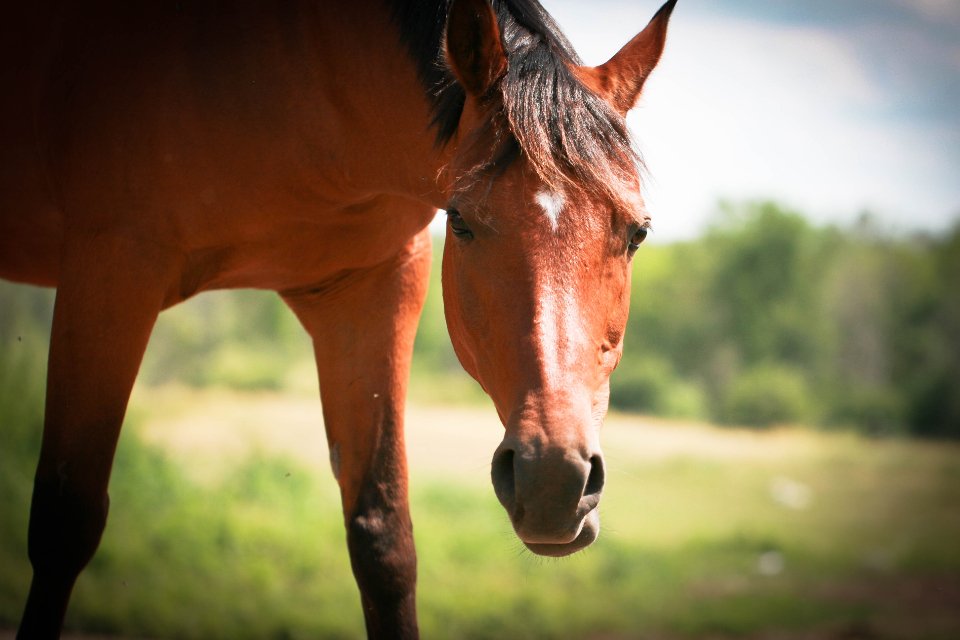
Horses experience the world in ways that seem almost superhuman. Their sense of smell is so sharp, they can detect subtle changes in the environment—like the scent of an unfamiliar person or the approach of a distant storm. Their hearing is equally impressive: those swiveling ears catch the faintest noises, from the rustle of a treat bag to the distant whinny of another horse. This heightened awareness keeps them safe in the wild, but it also means they’re keenly attuned to their surroundings at all times. As a result, horses often react to things humans can’t perceive, startling at a sound or scent that’s well beyond our senses. It’s like they’re tuned to a secret channel, always alert and ready to respond. This trait is both fascinating and a little humbling, reminding us just how different their experience of the world is from our own.
Incredible Speed and Endurance
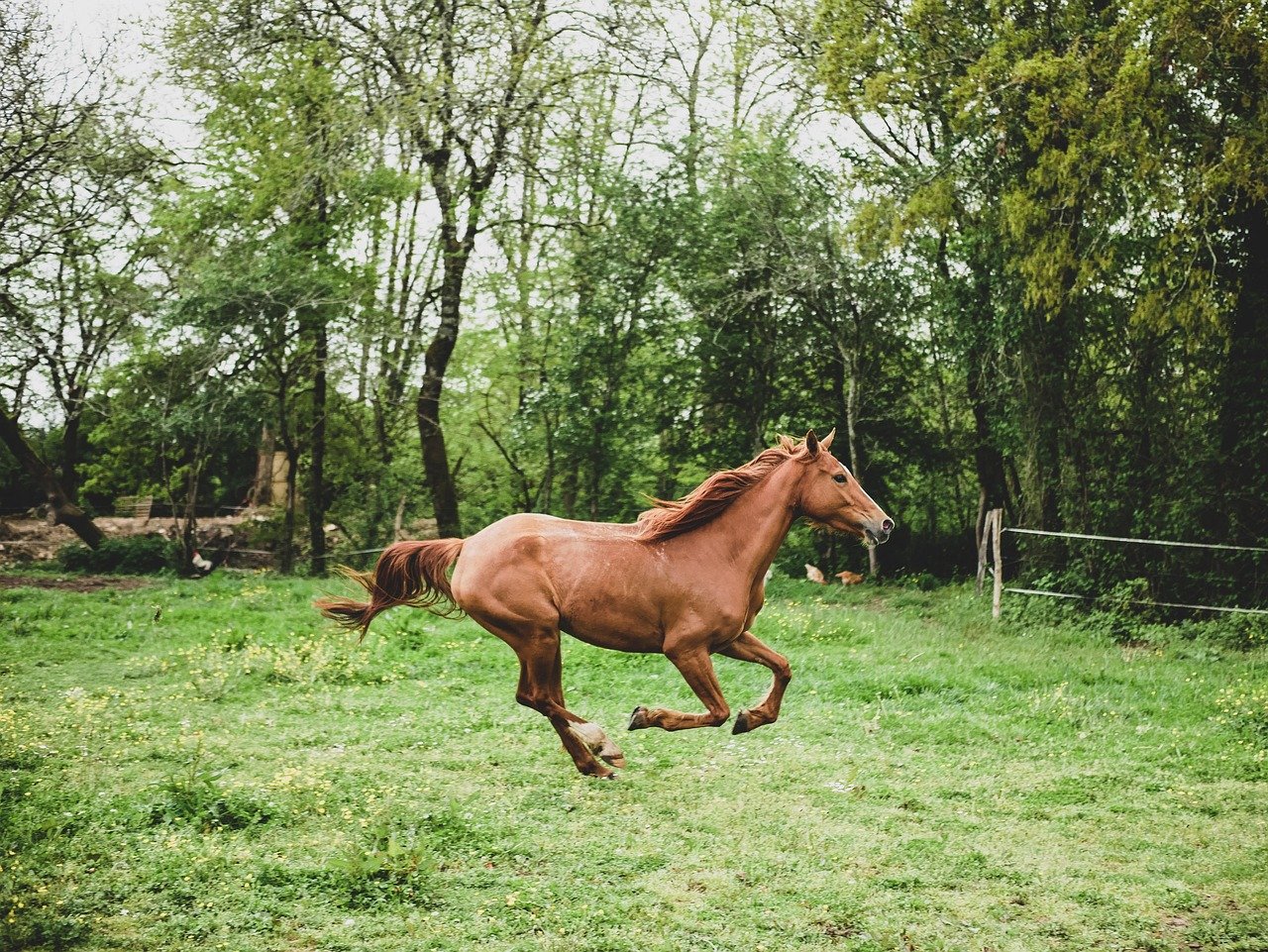
When you watch a horse gallop, you’re seeing one of nature’s most extraordinary athletes in action. Horses are built for speed and stamina, capable of running at breathtaking speeds for considerable distances. Some breeds, like the Thoroughbred, can reach over 40 miles per hour in a sprint, while others, like Arabians, are legendary for their ability to cover long distances without tiring. This combination of speed and endurance has made horses invaluable throughout human history, from ancient battlefields to modern racetracks. It’s not just about running fast—the way a horse moves, with muscles working in harmony and hooves pounding the earth, is a true marvel. Even today, riding a horse at full gallop is an experience that leaves riders exhilarated and a little breathless, a reminder of the raw power and freedom that horses represent.
Distinctive Communication and Body Language
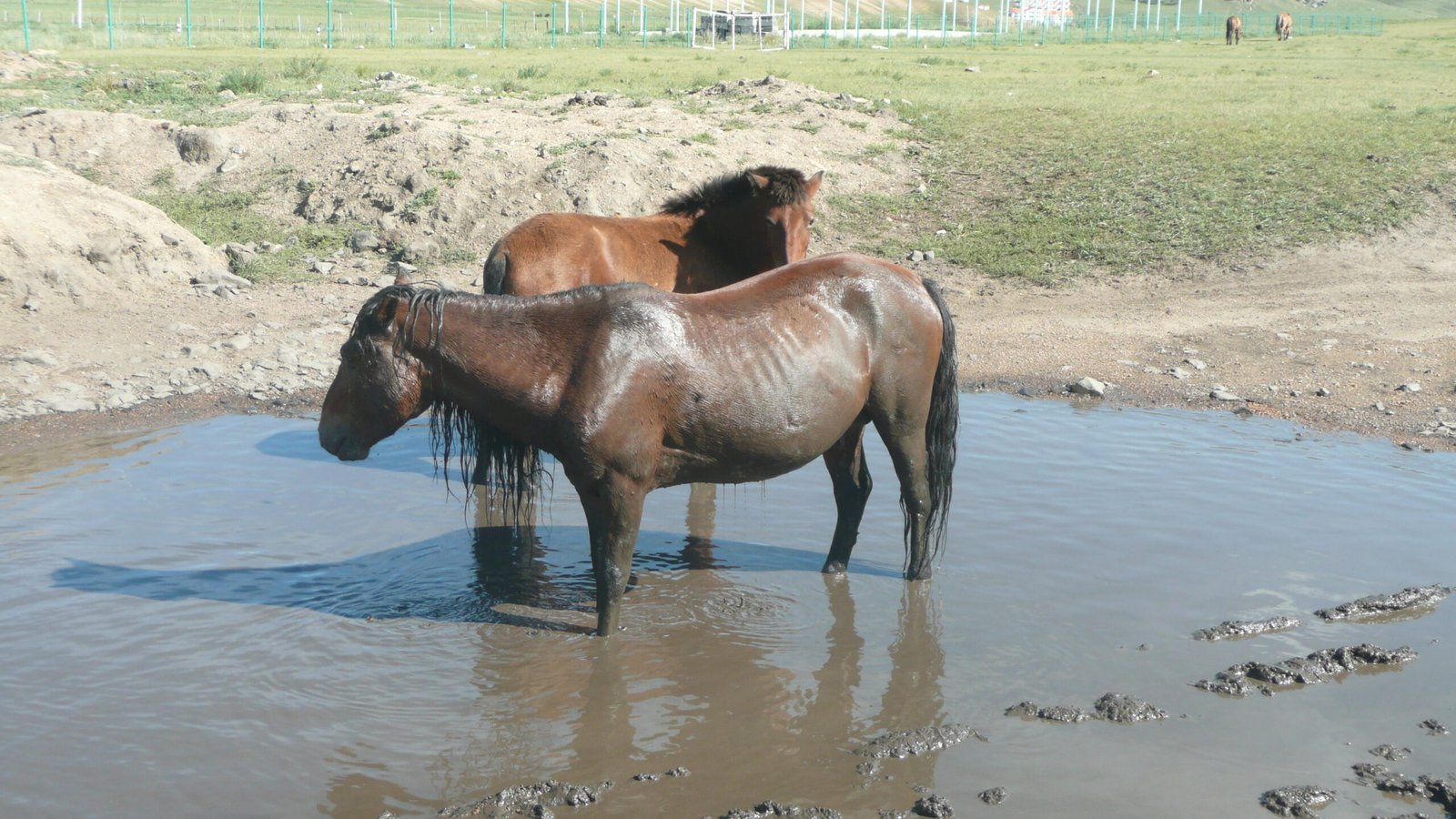
If you’ve ever watched horses interact, you know they have their own language—one that’s silent, subtle, and deeply expressive. Unlike dogs, who bark or wag their tails, horses use a rich tapestry of body signals: the flick of an ear, the swish of a tail, the tilt of a head. A nip, a nuzzle, or a stomp can mean anything from “I’m annoyed” to “Let’s play!” Learning to read these signals is a bit like learning a new language, and it’s essential for anyone who wants to build a real partnership with a horse. Horses also communicate with each other constantly, forming deep bonds through mutual grooming and shared routines. For horse lovers, understanding these cues is one of the most rewarding parts of horse ownership—it’s like unlocking the secrets of a wise, ancient friend.
Strong Instincts and Flight Response
At their core, horses are prey animals, and this shapes their behavior in profound ways. Their first response to something unfamiliar or frightening is almost always flight—run now, think later. This instinct, known as the “flight response,” has helped horses survive for millions of years, but it can also lead to some dramatic moments. A plastic bag blowing across the field or an unexpected noise can send even the calmest horse into a sudden dash. This heightened caution makes caring for horses different from looking after dogs or cats, who might approach new things with curiosity or bravado. Understanding and respecting a horse’s instincts is key to building trust and keeping both horse and human safe. It’s a reminder that, beneath the domestication, horses are still wild at heart.
Unique Dietary Needs and Digestion
Unlike most pets that thrive on simple diets, horses have highly specific nutritional needs. They’re natural grazers, designed to eat small amounts of grass and hay throughout the day. Their digestive systems are both delicate and complex, with a long tract that requires constant movement of food. Sudden changes in diet or feeding too much grain can cause serious health problems like colic. Horses also need access to fresh water and salt, and their meals must be carefully balanced to maintain health and energy. This level of dietary care sets horses apart from dogs, cats, or even rabbits, and it’s a big part of why horse owners become so knowledgeable about nutrition and feeding routines. Taking care of a horse’s diet is an ongoing commitment, but it’s also a way to show love and respect for these magnificent animals.
Deep Human-Horse Bond and History
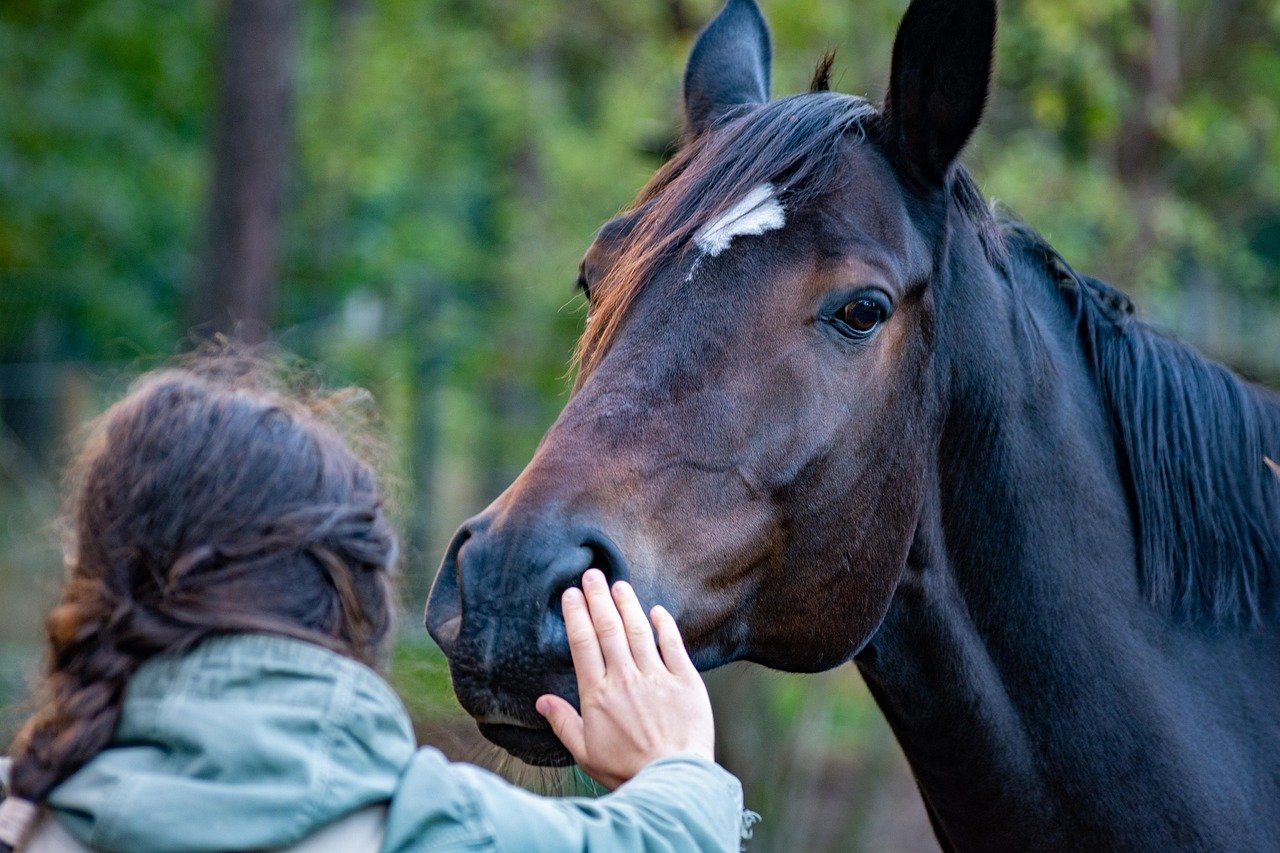
Perhaps the most fascinating trait of all is the special bond that forms between horses and humans. Horses have been our partners for thousands of years—carrying us into battle, helping us farm, and sharing in our triumphs and struggles. This shared history has woven horses into the very fabric of our culture and imagination. Today, the connection between horse and rider, handler, or caretaker is just as powerful. Horses respond to our voices, our moods, and our touch, forging relationships built on trust and mutual respect. Many horse lovers describe this bond as transformative, saying it teaches patience, empathy, and courage. There’s something almost magical about the way a horse will nuzzle your hand, follow your lead, or simply stand quietly beside you, sharing a silent understanding that words could never express.
So, while many pets are lovable and unique, horses truly stand in a class of their own. Their emotional depth, sharp intelligence, and ability to form strong, lasting bonds with humans make them remarkable companions. Whether it’s their sensitivity to our moods or their incredible memory, horses remind us that connection goes far beyond words. If you’ve ever shared space with a horse, you know—it’s not just a pet, it’s a partnership.

Born and bred in South Africa, a Capetonian at heart. Amy-Leigh’s love for nature and animals was inherited from her Dad. He loves taking the family on road trips to experience nature at its finest; Amy-Leigh’s favourite being whale watching in Hermanus and spotting Kudu along the West Coast. Amy-Leigh holds a BA in English Literature and Communication Studies.

